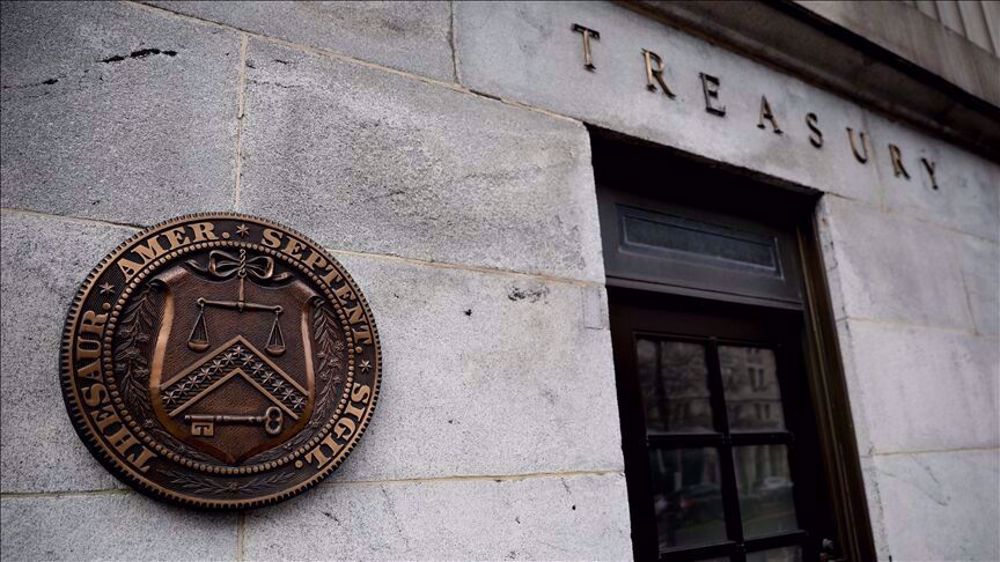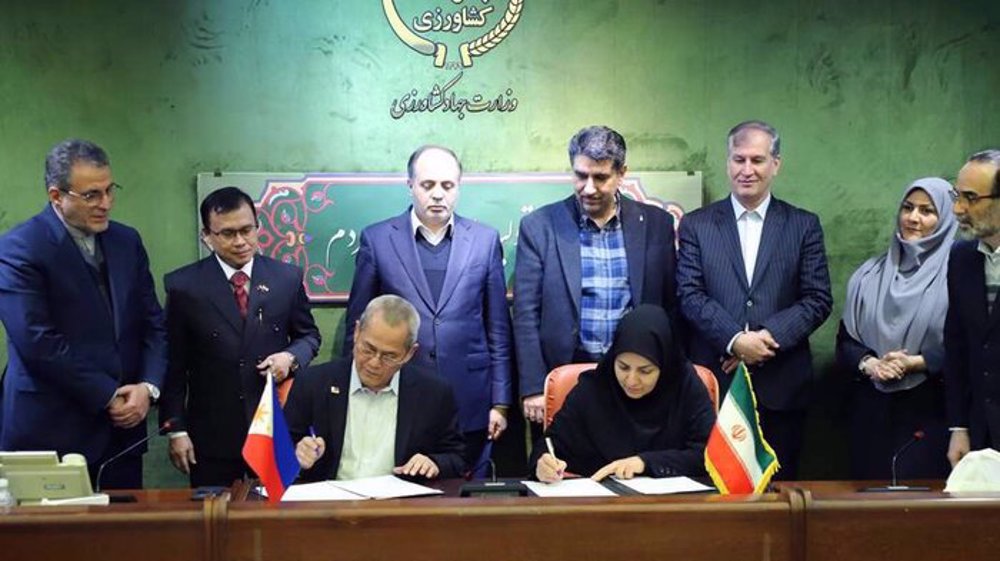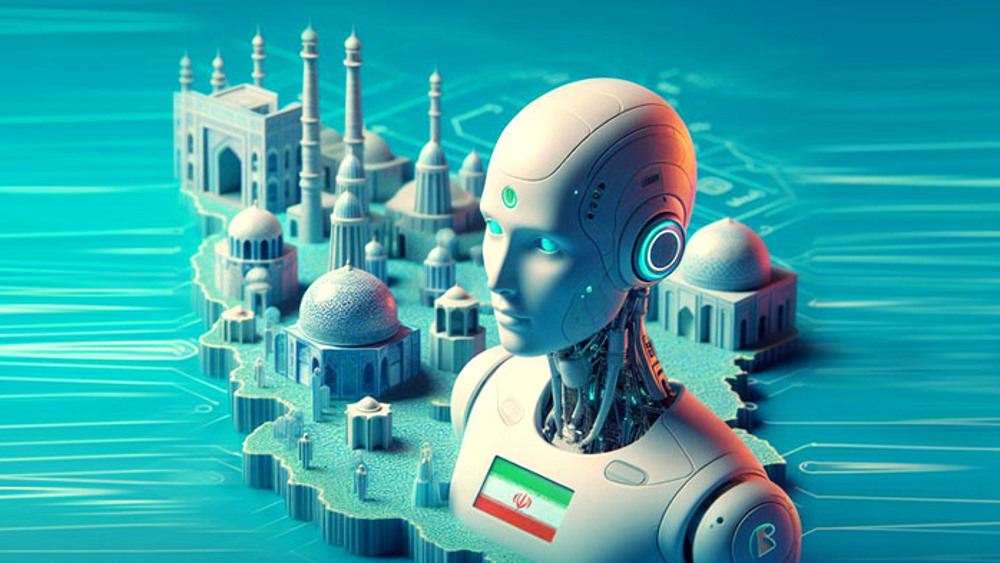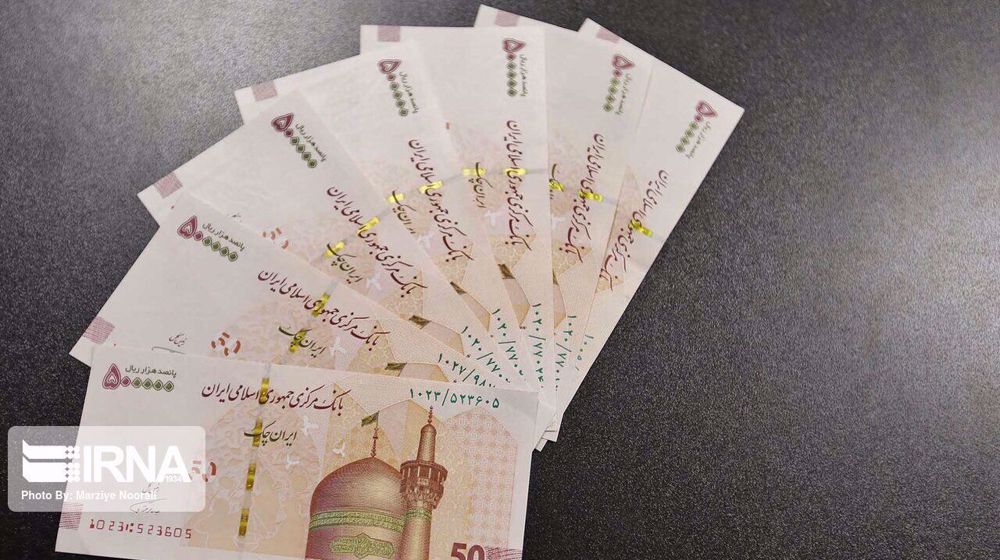Iran hands out $1.5bn worth of cash subsidy to over 23.6 million households
The Iranian government has granted around $1.5 billion worth of cash subsidies to more than 23.6 million households in the country as part of efforts to cushion shocks that could be caused by price hikes in consumer goods.
The Central Bank of Iran (CBI) said on Tuesday that private and state-run banks in the country had deposited around 400 trillion rials of cash to accounts held by families under the government’s new cash subsidy system.
The CBI said that the money will remain blocked in the accounts until a government announcement allows withdrawals.
Government authorities said more than 72 million Iranians would benefit from the new cash system which earmarks a monthly payment of 3-4 million rials ($10-$15) to each individual.
The handouts offered overnight on Tuesday covered payments for two calendar months to June 21.
Previous monthly payments of around 1 million rials ($3) given to more than 60 million people over the past years will be dismantled under the new subsidy system, said a government statement, adding that future monthly payments will be in the form of electronic coupons that can be used for purchase of basic goods.
The new cash handouts come as the government plans to stop subsidizing bread and other basic consumer goods like medicine.
Under the plan the government will stop offering heavily subsidized foreign exchange to importers and suppliers of food, medicine and other staple goods.
A report by the official IRNA news agency said the government had earmarked more than $74 billion since March 2018 to the supply of basic goods at a price of 42,000 rials per US dollar.
That comes as the market price of the US dollar has increased from 129,000 rials in March 2018 to over 280,000 rials this month.

US sanctions alleged network behind Iran’s drone program

Iran, Philippines sign agreements for agriculture cooperation

Iran's artificial intelligence portfolio is nothing short of impressive
US official vows to imprison pro-Palestine protesters for years
Arab states condemn Israel's new aggression against Syria
IRGC adds homegrown warship, fast attack craft to naval fleet
VIDEO | Press TV's news headlines
Over 700 bodies recovered in Gaza, most remain unidentified
VIDEO | US TikTok ban
Palestinian youth succumbs to injuries sustained in West Bank strike
US Attorney General hints at Epstein files release amid skepticism







 This makes it easy to access the Press TV website
This makes it easy to access the Press TV website